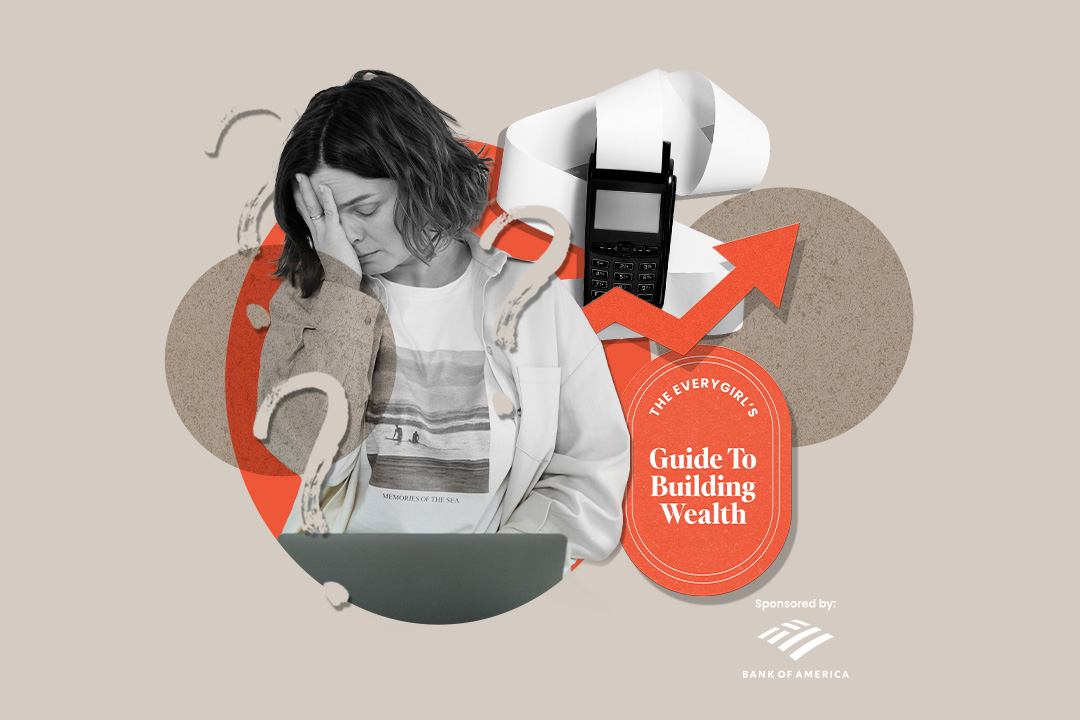We understand the significance of getting good sleep to help us perform at our peak, but achieving quality rest can sometimes be challenging due to various factors like stress and exposure to blue light. Research indicates that quality sleep, which involves falling asleep easily and staying asleep, is beneficial for both our mental and physical well-being, as well as for maintaining a healthy metabolism.

Various factors such as nutrients, enzymes, amino acids, and hormones play a role in promoting good sleep by regulating our sleep cycles. Some of these components are naturally found in the foods we consume, while others are created in our bodies through the food we eat. In essence, specific foods can contribute to better sleep quality. While no single food can magically guarantee the best sleep of your life, incorporating nutrient-rich foods that are high in fiber, healthy fats, protein, and antioxidants can assist you in achieving the recommended 7-9 hours of restful sleep. Explore the list below for 10 foods I, as a registered dietitian, recommend to enhance sleep.
Top 10 Foods to Have in Your Kitchen for Enhanced Rest
1. Tart cherry juice
Tart cherries are a natural source of melatonin, a hormone that aids in the body’s transition into sleep. Drinking tart cherry juice in the evening can boost the availability of melatonin in your body, potentially leading to faster sleep onset and improved sleep quality. For a delightful nighttime beverage, give the Sleepy Girl Mocktaila try.
2. Cottage cheese
In addition to its existing allure, cottage cheese is a slow-digesting protein source that contains tryptophan, assisting the body in producing melatonin and serotonin, two vital hormones for quality sleep. For a well-balanced bedtime snack, consider combining cottage cheese with your preferred fruit if hunger strikes before bedtime.
3. Almonds
Not only do almonds provide healthy fats and vitamin E, an antioxidant, but they are also rich in magnesium. Magnesium, a crucial micronutrient, helps in relaxing blood vessels to maintain stable blood pressure. In terms of sleep, magnesium can stimulate neurotransmitters that support body relaxation for a restful night. Moreover, some studies have suggested that magnesium might help alleviate insomnia in older individuals.
4. Pumpkin seeds
Another excellent pantry staple rich in magnesium is pumpkin seeds. Consider using pumpkin seeds as a topping for soups or salads or enjoy them along with almonds as a satisfying pre-bedtime snack.
5. Chamomile tea
Chamomile tea has been utilized as a sleep aid for centuries, thanks to its flavonoids that trigger brain receptors to induce a calming effect. If chamomile tea doesn’t suit your taste, explore other caffeine-free teas before bedtime such as peppermint, which is beneficial for digestion.
6. Fatty fish
Common sources of fatty fish like salmon or tuna contain omega-3 fatty acids and vitamin D, nutrients that support sleep cycle regulation. Consuming a small portion of fish a few hours before bedtime could facilitate quicker sleep onset.
7. Kiwi
Rich in vitamin C, potassium, and folate, kiwis have been linked to faster sleep onset and enhanced sleep quality, as demonstrated in a study. The high serotonin content in kiwis is believed to be a primary contributing factor to better sleep by inducing a calming effect. While consuming two kiwis nightly is not necessary, consider incorporating them into your regular fruit consumption for improved sleep and their associated nutrients!
8. Turkey
There’s a reason why many joke about needing a nap post-Thanksgiving meal. Turkey, a lean protein, is another source of tryptophan, an amino acid that the body converts to serotonin in the brain, promoting sleep. Introduce turkey into your meal plan by preparing burgers, meatballs, or a taco salad.
9. Whole grains
Brown rice, oatmeal, whole wheat bread, and quinoa are fantastic whole grain options. Usually higher in fiber and protein, whole grains are not only satiating but also contribute to improved sleep. Rice, barley, and oats are natural sources of melatonin. Including whole grains in your daily meals can aid in achieving much-needed rest.
10. Bananas
Containing potassium, magnesium, and tryptophan, bananas are essential for quality sleep. Pair bananas with peanut butter or blend one with milk for a post-dinner sweet or bedtime snack.
Bonus Tip: Be Mindful of Your Eating Timing
Avoid consuming sugary treats just before bed to prevent blood sugar spikes. Why are blood sugar spikes problematic for sleep? Such spikes can lead to subsequent crashes, disrupting sleep by causing nighttime awakenings, headaches, or sweating. Opt for dessert after a balanced meal, which includes protein, fat, and fiber, as research suggests that having dessert post-meal results in a more gradual blood sugar increase compared to consuming sweets independently. If you feel the need for a bedtime snack, go for options with protein and fiber like string cheese, nuts, peanut butter with celery, or cereal with milk.






